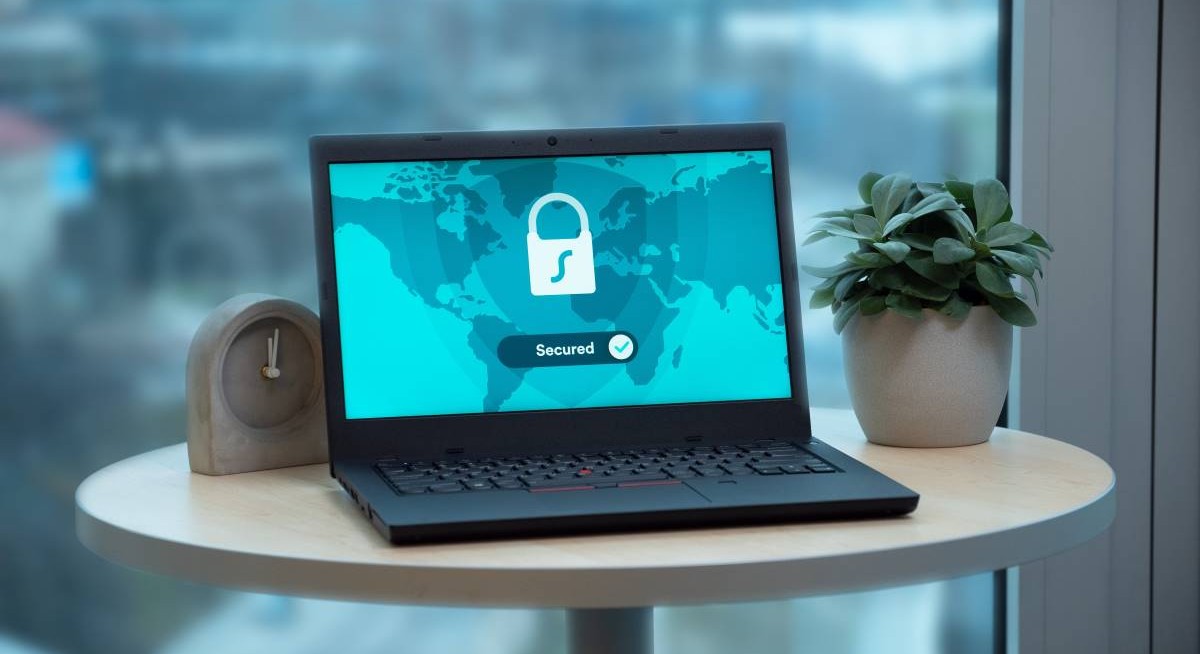Zero Trust security is a security framework based on the assumption that every user, device, and IP address accessing a resource is a threat until proven otherwise and requires organisations to implement rigorous security controls to verify anything that attempts to connect to the corporate network. The rapid take-up of mobile, cloud, and hybrid work has urged organisations to replace increasingly redundant ‘castle and moat’ security models with more agile, holistic approaches centred on identity.
In the context of Zero Trust security, identity is an actor – whether human or process – that wants access to data for purposes that include retrieval, deletion, and modification. With an identity-centric approach, organisations can give the right people the right level of access to the right resources in the right context, with access assessed continuously.
The report reveals that APAC organisations are slower to recognise the importance of leaving passwords behind, in the quest for stronger security and identity and access management to combat increasingly sophisticated cyber threats. The region had the lowest adoption of passwordless access as compared to worldwide, with only 0.5% of APAC organisations having implemented and only 10% planning to implement in the next 18 months.
“By adopting Zero Trust Security, organisations can position themselves to overcome the challenges presented by hybrid work – including mobile and remote working – by adopting an identity-centric approach to network and resource access rather than relying on outdated security models based on the traditional network perimeter,” says Ben Goodman, SVP and general manager for Asia Pacific at Okta.
See also: Singapore urges global cooperation to tackle shadow fleet ships
He adds: “Our research showed that while APAC organisations lagged behind their global counterparts in implementing Zero Trust security, 98% of respondents recognised that identity was important or business-critical to that approach.”




